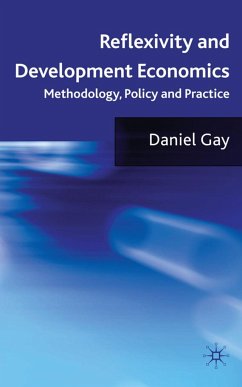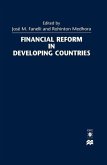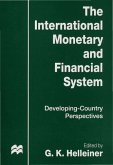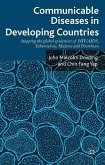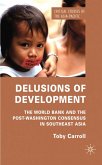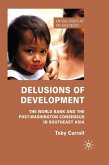This book outlines a taxonomy of development practice using the notion of reflexivity, and examines it in the case of two countries at opposite ends of the development spectrum: Vanuatu and Singapore. The methodological approach, which gives greater voice to people in developing countries, has practical benefits for economic policy.
"Daniel Gay has written a remarkable account of how detailed fieldwork, case studies and thoughtful study of the nature of and approaches in social sciences may interrelate to produce both richer and, at the same time, more modest understanding of the nature and application of development policies than have those, who, trained in mainstream economics, worked within the framework of the Washington Consensus. Gay's book has vitally important lessons for both development economics and economic theory and practice in general."
G. C. Harcourt, Jesus College, University of Cambridge
"This innovative volume by a promising young author demonstrates the importance of reflexivity to both the theory and practice of development economics. This is achieved by methodological argument, developing our understanding of the concept of reflexivity at an abstract level. But it is also achieved by application to two case studies, Vanuatu and Singapore. The work is therefore itself an admirable illustration of its own argument for achieving balance between general argument and attention to particular contexts."
Professor Sheila C. Dow, University of Stirling
G. C. Harcourt, Jesus College, University of Cambridge
"This innovative volume by a promising young author demonstrates the importance of reflexivity to both the theory and practice of development economics. This is achieved by methodological argument, developing our understanding of the concept of reflexivity at an abstract level. But it is also achieved by application to two case studies, Vanuatu and Singapore. The work is therefore itself an admirable illustration of its own argument for achieving balance between general argument and attention to particular contexts."
Professor Sheila C. Dow, University of Stirling

